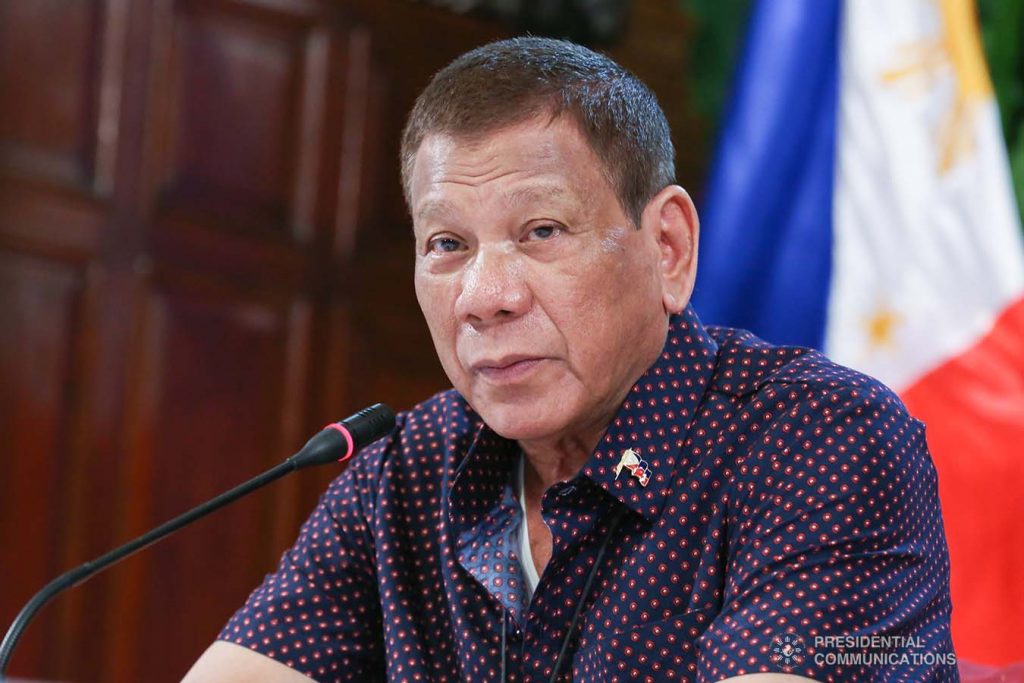
MANILA – President Rodrigo Duterte is scheduled to join other world leaders on Wednesday in attending the Aqaba Process meetings hosted by Jordanian King Abdulla II.
Duterte’s participation in the virtual conference proves that the 75-year-old president is healthy and still fit to perform his duties, Presidential Spokesperson Harry Roque said in an interview with state-run PTV-4.
“Okay na okay po ang kalusugan ng Presidente. Mamaya po, sasapi po siya sa doon sa tinatawag na Aqaba Process, isang pagpupulong ng mga iba’t ibang nagpupulong na mga lider sa buong daigdig (The President is in very good health. Later, he will join the Aqaba Process, a meeting that will be joined by other world leaders),” Roque said.
The Aqaba Process is an initiative launched by King Abdullah II in 2015 to strengthen international and regional cooperation against the dangers of terrorism, radicalization, and violent extremism through a holistic approach.
The Aqaba Process meetings, which will be held through teleconference, will cover means of unifying and integrating efforts among participants to counter risks posed by the coronavirus disease 2019 (Covid-19) pandemic, according to the August 30 article published by Jordan Times.
A number of world leaders, heads of government, and representatives from United Nations and international organizations will participate in the virtual meetings, the Jordan Times said.
Senior political, military, and defense officials from the United States, Asia, Europe, Africa, Canada, and other international partners are also expected to join the virtual conference.
Duterte first met King Abdullah II in a bilateral meeting during his visit to Amman, Jordan in September 2018.
Duterte’s meeting with King Abdullah II led to the historic signing of at least six agreements aimed at enhancing the Philippines and Jordan’s bilateral cooperation in the fields of defense, labor, politics, and maritime industry.
The agreements signed between the two countries include the memoranda of understanding on political consultations, defense cooperation, investment cooperation, and labor cooperation.
A memorandum of agreement on the mutual recognition of maritime certificates and the cooperation framework on the deployment of household service workers were also inked.